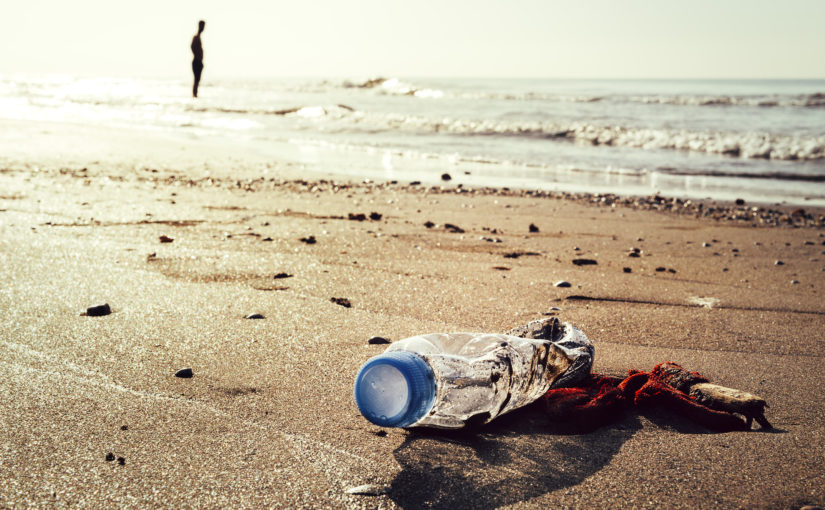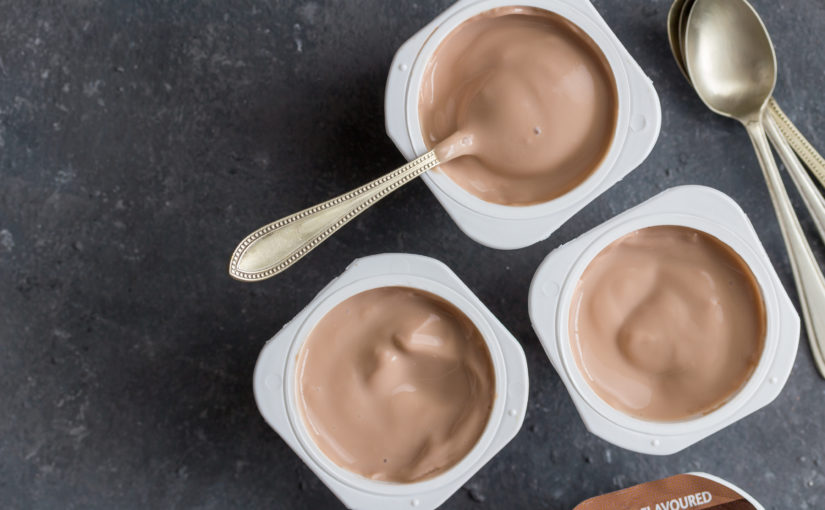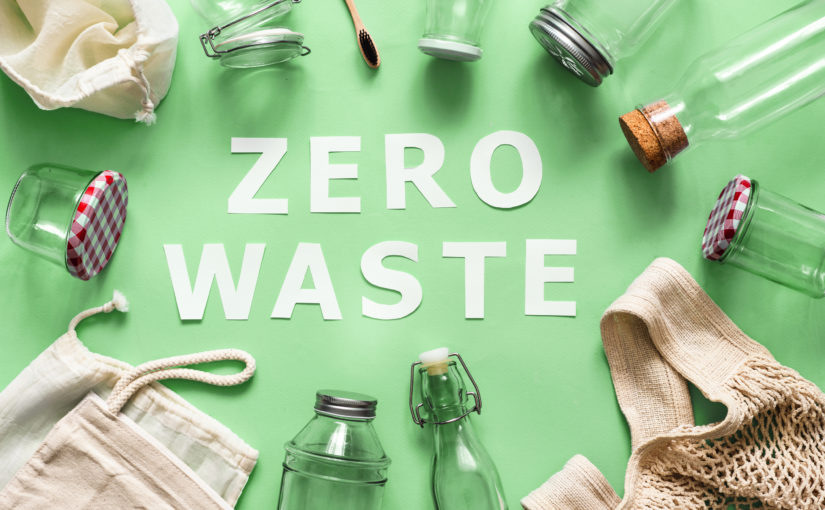Hundreds of news articles have been written over the past
few years about the rise of plastic waste and with it, plastic litter.
While there’s no denying that plastic is everywhere nowadays,
there is some confusion as to why plastic is so bad for our planet.
After all, it’s still mass-produced, and people are still regularly bringing it into their homes.
Plastic is everywhere you look in the home — whether it’s the handwash container and shampoo bottle in the bathroom, the toys in the lounge, or the utensils and food storage boxes in the kitchen.
There’s a difference between single-use plastic and plastic products that are created to be reused. However, there are risks associated with both.
This blog post takes a look at why plastic is such a problem for the environment.
Continue reading Why is plastic bad for the planet?









